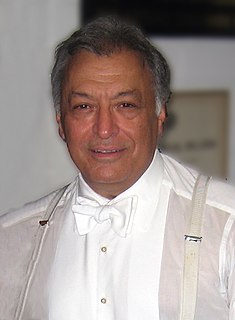A Quote by N. T. Wright
I have never been to India and I am not a specialist on Indian culture, and I would not wish to be heard to be taking swipes at a culture which I've never experienced and where I've never lived.
Quote Topics
Related Quotes
I am extremely honoured by Indian Council For Culture Relations, India's apex body on the promotion of great Indian culture across the world for including cinema and I am deeply honoured for being the first person from the Indian film industry to represent the cause of this industry in the overall cultural promotion globally.
Maybe it's naïve, but I would love to believe that once you grow to love some aspect of a culture-its music, for instance -you can never again think of the people of that culture as less than yourself. I would like to believe that if I am deeply moved by a song originating from some place other than my own homeland, then I have in some way shared an experience with the people of that culture. I have been pleasantly contaminated. I can identify in some small way with it and its people.
A lot of native culture has been destroyed. So you already feel lost inside your culture. And then you add up feeling lost and insignificant inside the larger culture. So you end up feeling lost squared. And to never be recognized, to never have any power, you know, other minority communities actually have a lot of economic, cultural power.
The real controversy comes with anthropologists - not all, but some - who see themselves as studying culture, and they then see culture from the perspective of humans, which is what they study. From their perspective, or, from some of their perspectives, it's sort of heresy to even talk about culture in any other animal. Others would say, "Yeah, you can talk about it, but our definitions of culture are so utterly different from yours and include things like values, and so on, which you've never shown to exist in any of these other creatures."
The changes that we can make in the culture can be there for people that we will never meet, that will never know us, and that's what keeps me up at night. It's what excites me about science, that we can learn ways of being with each other. And the behavioral sciences have not been enough of a part of cultural development. The physical sciences have; the behavioral sciences have not. And I would like to see if we can bring some things into human culture that would humanize and soften and empower people.






































